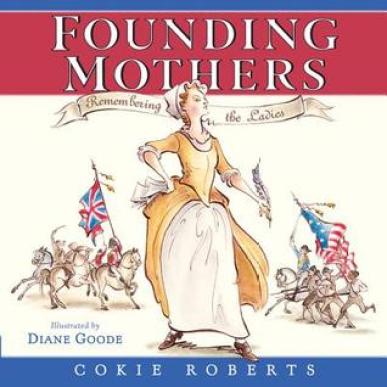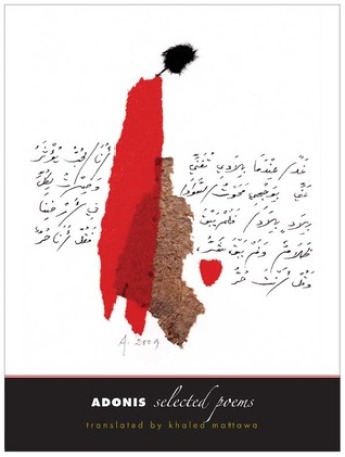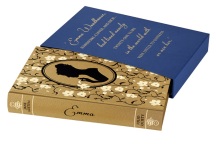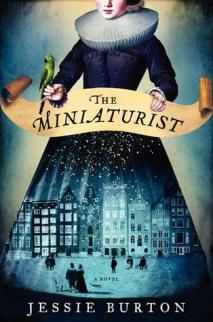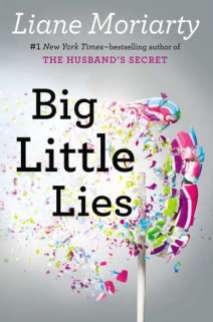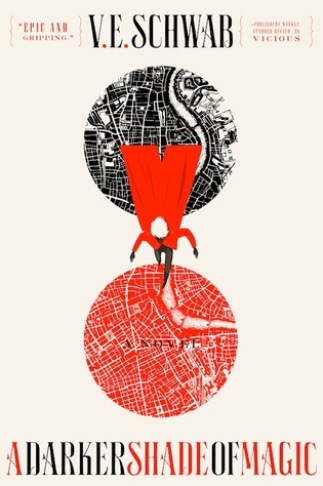
North Carolina, where I currently live, has had it’s fair share of negative attention over the past year. Most prominently, in relation to the anti-LGBT legislation known as HB2, or “the bathroom bill”.
This week, the spotlight has returned to North Carolina, only this time, it’s in regards to the Charlotte-Mecklenburg (CMS) school district’s anti-bullying curriculum. My daughter is a student at CMS, a district that has 170 schools and approximately 147,000 students. Therefore, the controversy broiling between our state legislature, the NC Family Values Coalition, and our local school district has a direct impact on my family.
Since November, I have written about #ReadingasResistance, and how books can help guide a person to a new level of political and social activism. How books can be the inspiration that opens our eyes and our minds to new ideas; to people, places, and cultures that are different from us. This is nothing new; in fact, the history of banned books highlights the fear that so many people have when they are confronted with difference. With nonconformity.
Unfortunately, a wonderful children’s picture book, Jacob’s New Dress, by Sarah and Ian Hoffman, is one of the latest books to be removed from our local school’s curriculum, and therefore, is about to be added to the banned books list. Only this time, it is not a parent or school board that was troubled over a book’s inclusion in a curriculum. It is the state legislators, my lawmakers, that are leading the charge that calls for the removal of Jacob’s New Dress from CMS schools, in the name of “family values” (aka bigotry).
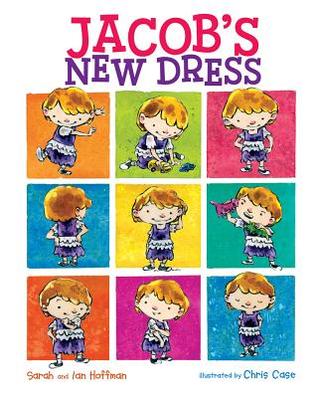
Jacob’s New Dress is a story about a young boy who loves to play dress-up, and likes to wear dresses to school. The book addresses the unique challenges faced by gender nonconforming boys. Jacob’s parents support their son and his clothing choices, but they worry about him getting teased or bullied at school. The story can be an excellent start to a conversation about what is masculine and what is feminine, and the relationship between the clothes we wear and how we are viewed by society.
The book is included as part of the Welcoming Schools program, a project of the Human Rights Committee to help create safe and welcoming schools for ALL children and families. Jacob’s New Dress is included in the lesson plan, “Discussing Gender Stereotyping with Children’s Books”, with a goal of using literature to understand gender roles and recognize gender stereotyping. Discussion questions for CMS students, obtained by the Washington Post, include the following:
- Why do you think Christopher is upset that Jacob wants to wear a dress? What does he do to hurt Jacob’s feelings during the story?
- How did the teacher help him? How could other students have helped Jacob?
- What should Jacob do if this happens again? (teach students to say STOP, move away, tell a trusted adult)
Risqué stuff, indeed.
Complaints about the lesson plan first arose from one teacher within CMS, who has remained anonymous. Despite the fact that the lesson plan is meant to teach children how to handle harassment and bullying, the NC Family Values Coalition and the House Republican Caucus quickly jumped on board with their disdain.
Our society no longer makes judgments about a girl’s sexuality because she prefers to wear jeans and wrestle, so why do we react so strongly to a boy making similar alternative choices? The author’s who wrote Jacob’s New Dress were inspired by their son, a boy who likes to wear things that dont always adhere to traditional gender roles.
You can’t help but find it ironic that a public school district had to step back from using a book about addressing bullying and harassment after being threatened by North Carolina lawmakers. The NC House Republican Caucus, and the NC Family Values Coalition essentially bullied CMS into using different materials for their anti-bullying curriculum.
And guess what? The bullies don’t like that book either. Red: A Crayon’s Story, is about a blue crayon mistakenly labeled red, and was quickly selected to replace Jacob’s New Dress. The latest word is that Red will also be getting more scrutiny from the Republican Caucus. It is amazing that my state legislators have enough time on their hands to micromanage my daughter’s school reading list.
As a parent within CMS, as someone who has read Jacob’s New Dress and looked at the Welcoming Schools curriculum, I LOUDLY and STRONGLY support including more diverse stories in the classroom. And I call on the Charlotte Mecklenburg School Board and District to put Jacob’s New Dress back into the anti-bullying curriculum so that it will go back into my daughter’s classroom, and back into the classrooms of other CMS students.
And let’s be clear: this anti-bullying curriculum is not about “promoting a transgender agenda”, in the words of Values Coalition executive director Tami Fitzgerald. It is about using stories and literature to promote safety and acceptance of vulnerable students. Reading a book that teaches students that all people deserve to be free from bias, discrimination, and harm, is a GOOD THING.
You can listen to Jacob’s New Dress on Youtube by going here.









